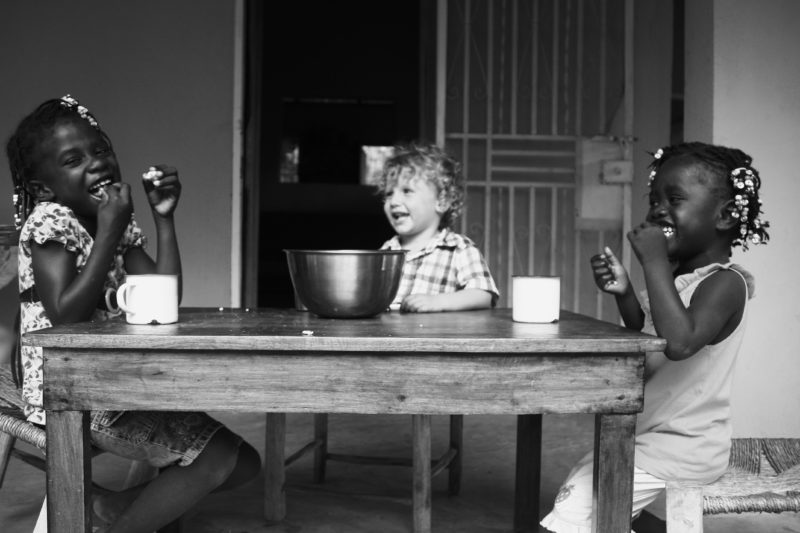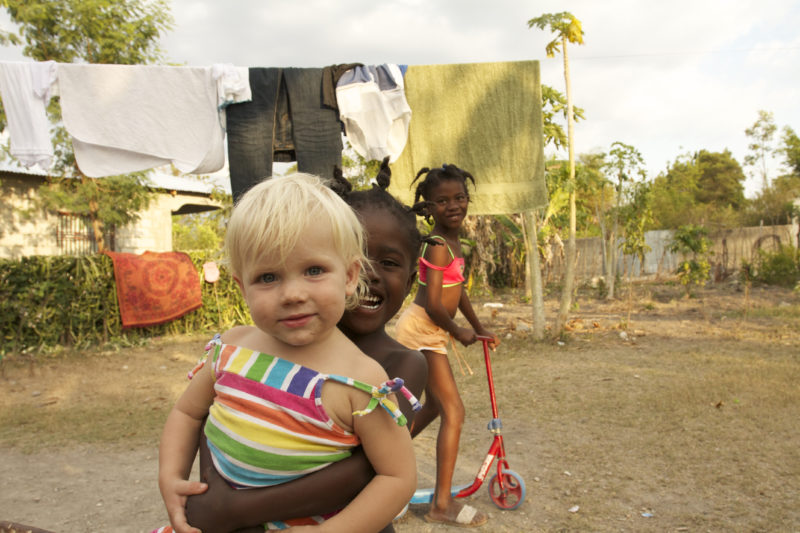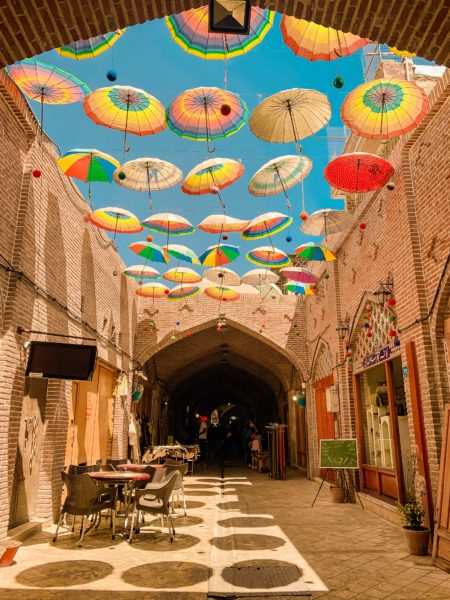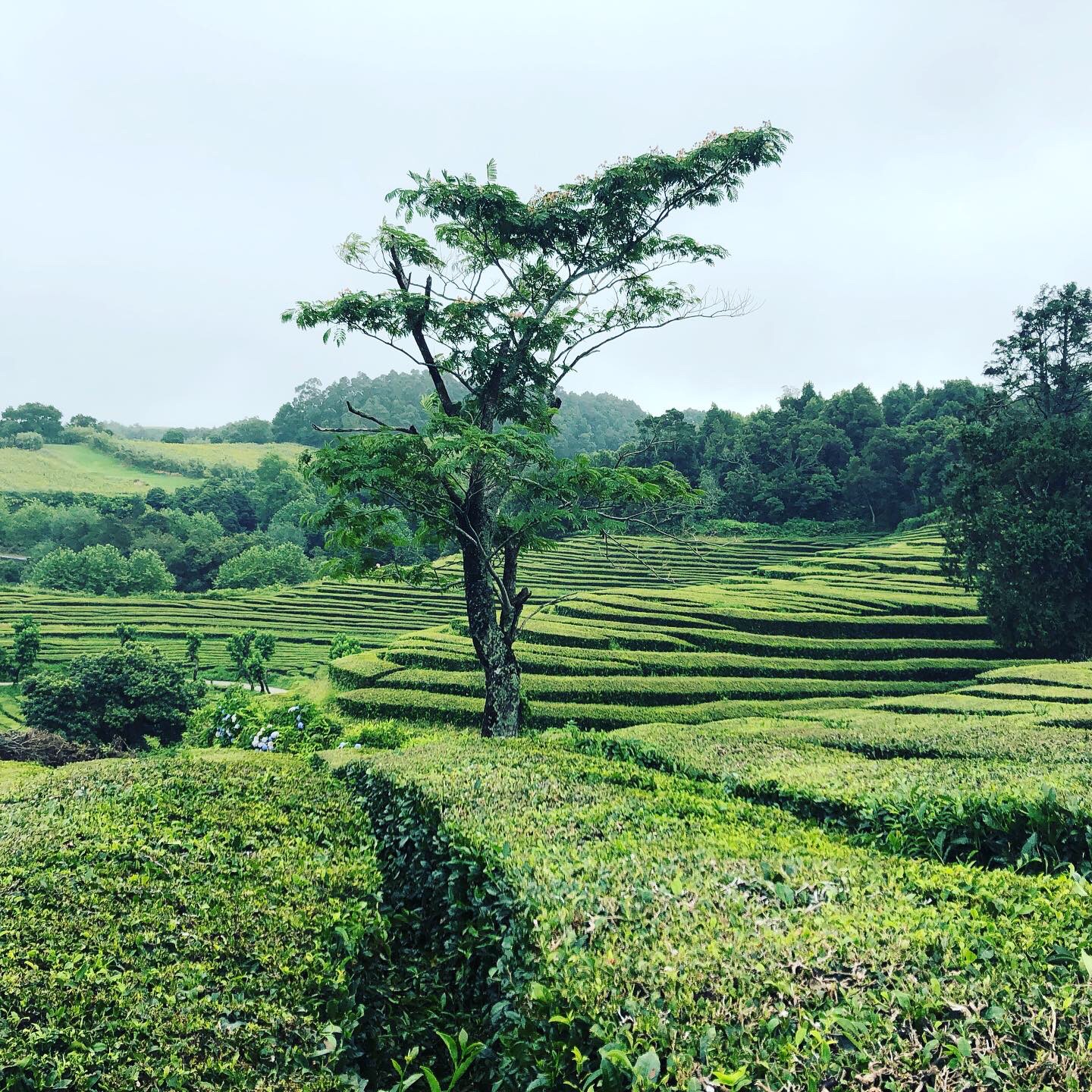I started a new podcast last spring, in part because I viewed it as a way to stay in touch with people during the pandemic. If I couldn’t meet people face to face, at least I could talk with them in the podcast. One of my early difficulties was to find a title, as at first it seemed that every possible choice was already taken. In the end, it was one of my students (Kristen Fox) who came up with the title, and it was my students last spring quarter who voted to choose it via Google Form. This was how “Dispatch 7: global trends on all seven continents” was born.
I wanted to share what have been the five most popular episodes:
Applying for graduate schools, Ep. 1. This was a fun episode for me, because I interviewed my former student, past graduate assistant, and now friend, Rosa “Rosie” David. Rosie is now in a doctoral program in Canada. In her interview she spoke about how to apply to a doctoral program. This episode was not only the first, but also has been listened to far more than any other.
The Joy of Tea with Kim Brown, Ep. 2. Kim Brown is not only my friend and colleague, and the co-author of our textbook, but also a ceaseless font of information about tea. I have had many conversations with her over the last fifteen years, in which I’ve tried to persuade her to write a book about tea. That’s failed, but at least she agreed to talk with me about tea in our second episode, which has been the second most listened to on the podcast. It will probably leave you wanting to make a trip to a tea store, as soon as this miserable pandemic is ended.
Career Opportunities in Global Studies, Ep. 9. I created this episode based on a talk that I frequently give to prospective students. I had no intention of creating my own episodes at the time; this was supposed to be a podcast based on interviews. But when the wildfires swept Oregon and California last summer, some of my scheduled interviewees faced major issues and had to delay their interviewees. So I created this episode, which I hoped would speak to International and Global Studies majors.
Indigenous Futurism with Grace Dillon, Ep. 8. This is one of my favorite episodes because of Grace’s warmth. I love to hear her laugh throughout the conversation. When I originally conceived of this podcast, I wanted it to have short episodes. But with Grace the two of us just dove into a longer conversation. I think that everyone who listens to the episode has the same reaction that I did, which was that I wanted to go to the library and pick up several of the novels that she suggested. I am grateful to Grace, who also wrote the preface to a book that I wrote about an Indigenous spirit. Of course, that preface had the same humor and brilliance as Grace had in this conversation.
¡Bienvenidxs a España- A Fulbright Story! | Ep. 4 In this episode I interviewed one of our alums, Chiara Nicastro, about her experience with the Fulbright program. Chiara is an exceptional public speaker, and her energy and humor came through. My hope is that it will inspire other graduates to apply for a Fulbright in the future. I especially appreciated that Chiara also agreed to come and join me again in my careers episode, to talk about why an MA really is required now for many jobs in the field.
I’m hard at work on the podcast still. The next episode will be an interview with Joyce Hamilla about why students should apply for government jobs, and the following one will be about Syrian refugees. I’ve loved talking with all of my guests, and want to thank all of my interviewees.
Shawn Smallman, 2020




